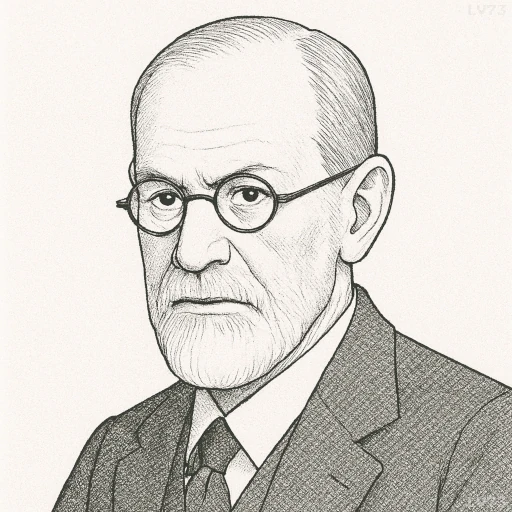“Children are completely egoistic; they feel their needs intensely and strive ruthlessly to satisfy them.”

- May 6, 1856 – September 23, 1939
- Austrian
- Neurologist, Founder of Psychoanalysis
table of contents
Quote
“Children are completely egoistic; they feel their needs intensely and strive ruthlessly to satisfy them.”
Explanation
Freud highlights the raw and instinctual nature of early childhood behavior in this quote. He characterizes children as “completely egoistic,” meaning that their psychological world is initially centered entirely on themselves. They experience desires with intensity and immediacy, and their undeveloped sense of social boundaries or empathy leads them to pursue satisfaction without regard for others. This is not a condemnation but rather an observation of natural developmental stages.
In Freud’s structural model of the psyche, the id—the primitive part of the mind driven by instinct—dominates early childhood. The ego and superego, which mediate reality and moral values, develop later through experience and socialization. Freud believed that children must navigate and adapt their instinctual drives to live harmoniously within family and society. This process, often involving frustration and discipline, is essential to forming a well-adjusted adult personality.
In modern developmental psychology, Freud’s observation remains relevant. Young children are often unable to delay gratification, struggle with empathy, and express frustration when needs aren’t met. However, through parenting, education, and social interaction, they gradually learn to balance self-interest with consideration for others. Freud’s insight reminds us that self-centeredness is a natural part of growth, not a moral failing, and that maturity involves transforming instinctual drives into socially appropriate behavior.
Would you like to share your impressions or related stories about this quote in the comments section?



